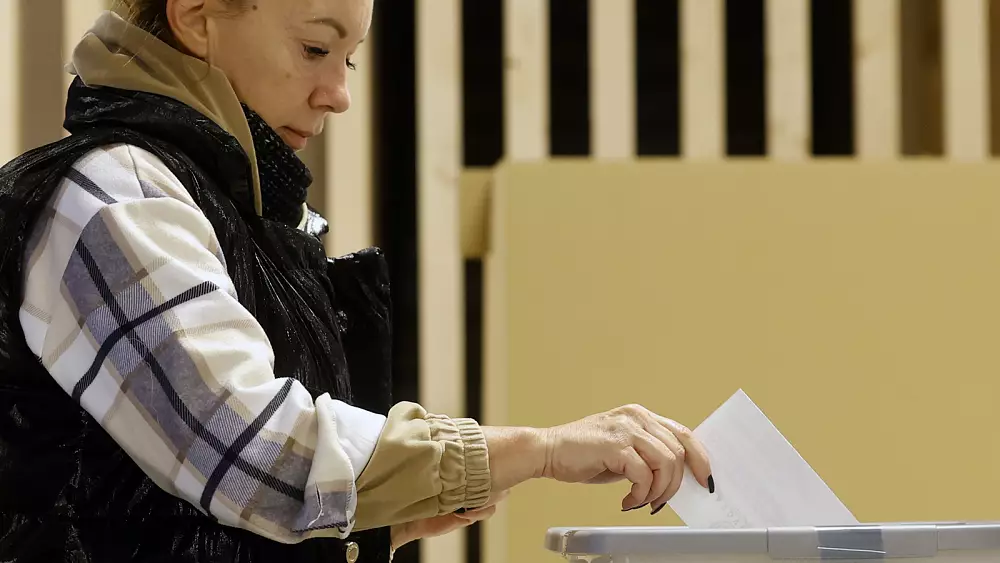
Voters in Slovenia on Sunday are out to vote and elect a new president of the small Alpine nation, with no clear winner in sight among the three main contenders.
Though the office is largely ceremonial in Slovenia, Sunday’s vote is still seen as a way to gauge the popularity of its liberal government that has been forced to deal with a soaring crisis fueled by the war in Ukraine.
A populist opposition politician has led pre-election polls, but none of the contenders appears set to win more than half of the ballots. This means a runoff vote likely will be held in three weeks featuring the two best-placed candidates.
Surveys put right-wing former foreign minister Anže Logar at 30%, followed by centrist independent candidate Nataša Pirc Musar at around 20%, and government-backed Social Democrat Milan Brglez with 17%.
The three have emerged as favourites among seven candidates. Analysts expect Logar to make it to the runoff, but having to go against either Pirc Musar or Brglez in the runoff might mean defeat as their constituencies could merge in the second round.
Slovenia’s 1.7 million eligible voters will eventually pick a successor to incumbent Borut Pahor. He has served two full five-year terms and cannot run for a third consecutive mandate.
While in office, Pahor tried to bridge Slovenia’s left-right divide that remains a source of political tension in the traditionally moderate nation of 2 million.
Logar, who served under right-wing Prime Minister Janez Janša, has sought to shake off a populist image and present himself as a unifier.
Logar’s victory would deal a blow to the current liberal government that ousted Janša from power six months ago.
If Pirc Musar wins, the former journalist and one of the country’s most influential lawyers will become the first female president of Slovenia since the country became independent from the former Yugoslavia in 1991.
Brglez, who served as the National Assembly of Slovenia’s speaker and now is a member of the European Parliament, entered the race late in the campaign after an initial government favourite withdrew, citing private reasons.
Related posts:
Views: 0
 RSS Feed
RSS Feed
















 October 23rd, 2022
October 23rd, 2022  Awake Goy
Awake Goy  Posted in
Posted in  Tags:
Tags: 
















